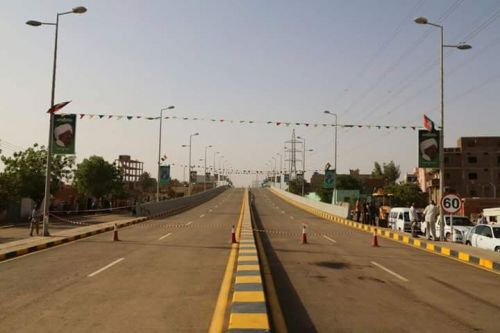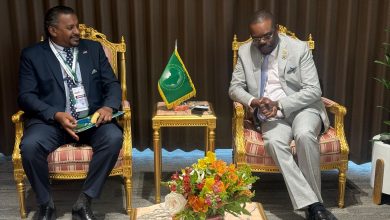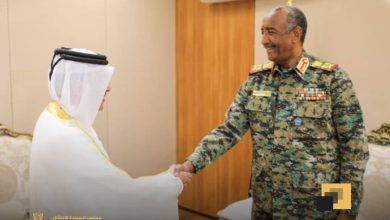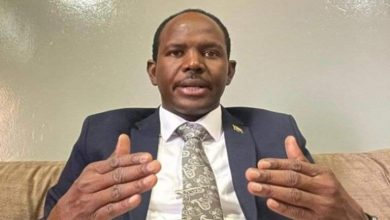
The Director of Roads and Maintenance in Khartoum State, Engineer Khaled Omar Ahmed, stated that the state has developed a comprehensive plan to restore and rehabilitate the internal and main roads that suffered significant damage and destruction due to attacks by the rebel militia.
In an interview with the program “Kaal Aati” on Blue Nile TV, he mentioned that Khartoum State started an emergency plan in 2023 during the intensification of the battles and the onset of the war. The western Nile Road, which has been under immense pressure recently, was repaired. He pointed out that the maintenance and rehabilitation efforts included the Wadi Omdurman Street in three main sectors: Ahmed Sharfi, Mekki, and Duma sectors. The rebel militia cut off many streets and created defensive positions in them. He revealed that one of the biggest challenges facing the maintenance operations is the lack of mixers in Khartoum, which are brought from the Um Al-Tuyour area in the River Nile State, as well as the lack of funding.
The Director of Roads and Maintenance in Khartoum State said that the damage and losses in the bridges of Khartoum are significant, estimating it at $420 million. The cost has been submitted to the governor, and he called on government entities, private institutions, and regional and international organizations to contribute to supporting and financing the restoration and rehabilitation of roads in Khartoum. He revealed that they have received several initiatives in this regard.
He pointed out that all the bridges connecting the localities in Khartoum State have been damaged, starting from the Shambat Bridge, the Halfaya Bridge, the Wad Al-Bashir Bridge, and the Jebel Awlia Bridge. He mentioned that there is communication with several local and international companies to repair the Shambat and Halfaya bridges and are awaiting funding. He said the return of the Shambat and Halfaya bridges to service would take 6 months to a year at most if the necessary funding is secured.



